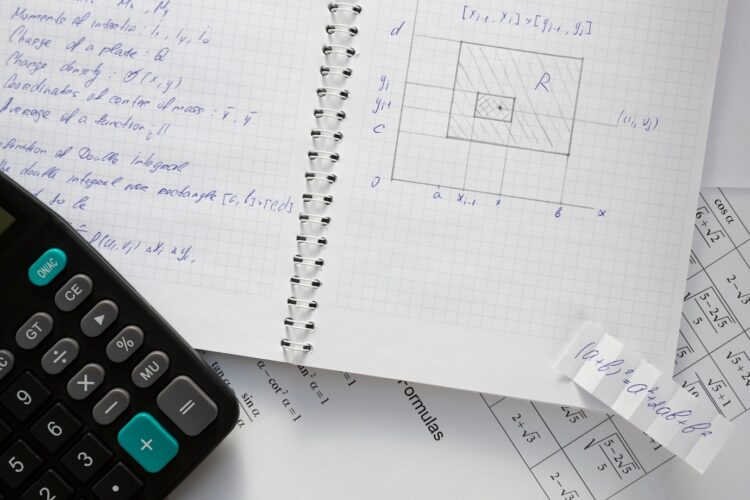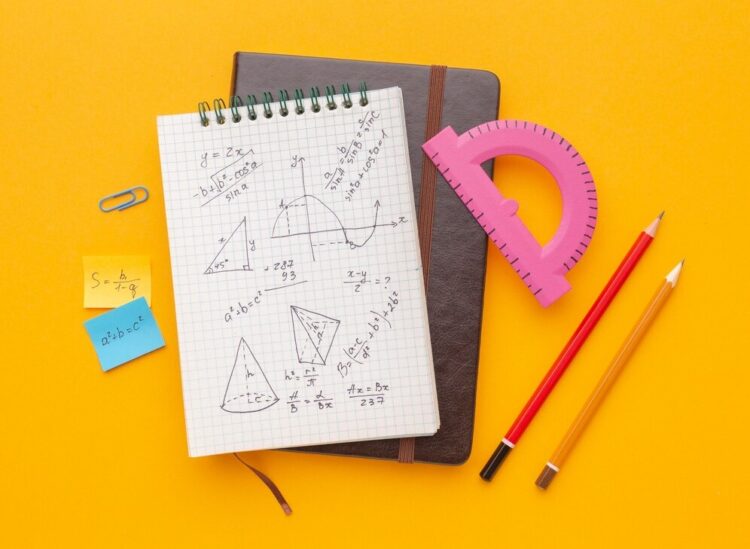Mathematical analysis, often referred to as real analysis, is a branch of mathematics that deals with the rigorous study of limits, continuity, differentiation, integration, and sequences of functions.
Whether you’re a student preparing for exams, a teacher designing a curriculum, or a professional brushing up on your knowledge, effectively reviewing and consolidating mathematical analysis concepts can be a challenging yet rewarding endeavor.
The depth and abstract nature of these topics require a solid understanding and regular practice to master. In this article, we’ll explore various strategies and techniques to help you achieve a comprehensive grasp of mathematical analysis.
Understanding the fundamentals of mathematical analysis is crucial, and a significant aspect of this is the verification of limits using the definition. This foundational concept is essential for building more advanced understanding and applications.
Page Contents
The Importance of a Strong Foundation

Source: freepik.com
The bedrock of any mathematical field lies in its basic principles and definitions. In mathematical analysis, these include understanding sets and functions, the nature of real numbers, and the concept of limits. Grasping these core ideas is essential because they serve as the building blocks for more advanced topics such as continuity, differentiation, and integration.
Mastering Limits and Continuity
Limits are the cornerstone of calculus and analysis. They describe the behavior of functions as they approach a specific point, providing a rigorous way to discuss instantaneous rates of change and the behavior of sequences.
Reviewing the epsilon-delta definition of a limit is crucial. This definition is not just a formality; it is the essence of what it means for a function to approach a value. Practicing problems involving the epsilon-delta definition will solidify your understanding and ability to handle complex limits.
Differentiation: Techniques and Applications
Differentiation involves finding the rate at which a function changes at any given point, known as the derivative. This concept is pivotal in understanding the behavior of functions, optimizing problems, and solving equations.
Exploring Integration: Concepts and Techniques

Source: freepik.com
Integration is essentially the reverse process of differentiation. It involves finding the area under a curve, which can represent accumulated quantities such as distance, area, or volume. Begin your review of integration with the fundamental theorem of calculus, which links differentiation and integration, providing a powerful tool for evaluating definite integrals.
Sequences and Series: Convergence and Divergence
Sequences and series are integral parts of mathematical analysis, dealing with ordered lists of numbers and their sums, respectively. A thorough understanding of convergence and divergence is essential. Review the definitions and tests for convergence, such as the comparison test, ratio test, root test, and alternating series test.
Real-World Applications and Problem-Solving
One of the most effective ways to consolidate mathematical analysis concepts is through real-world applications and problem-solving.
Utilizing Resources and Tools

Source: freepik.com
In today’s digital age, a plethora of resources and tools are available to aid your review and consolidation of mathematical analysis concepts. Online tutorials, video lectures, and interactive simulations can provide additional explanations and examples.
Collaborating and Seeking Help
Collaboration and seeking help from peers, teachers, or online forums can significantly enhance your understanding of mathematical analysis. Discussing problems and concepts with others can provide new perspectives and insights.
Joining study groups or participating in online communities such as Stack Exchange or MathOverflow can connect you with individuals who share your interests and can offer valuable advice and support.
Regular Practice and Review
Consistent practice and regular review are essential for mastering mathematical analysis. Set aside dedicated time each day or week to work on problems and review concepts. This continuous engagement will help reinforce your understanding and improve your retention of the material.




